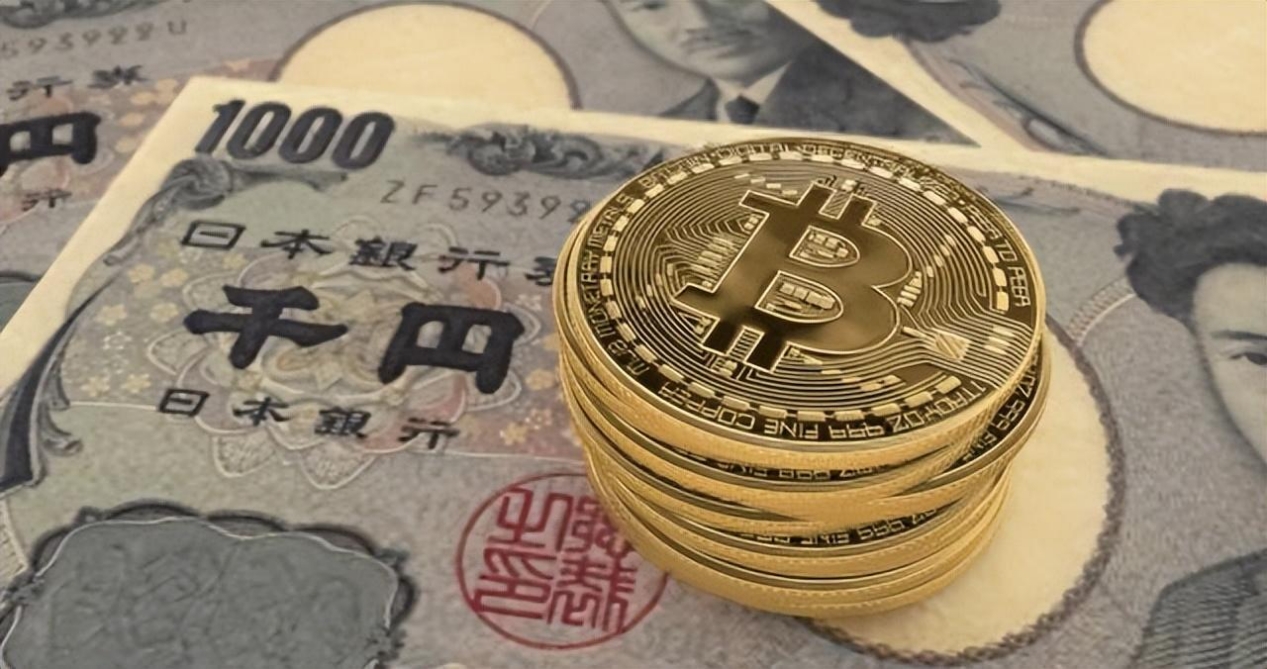
Recently, Japanese Prime Minister Fumio Kishida visited the United States and praised it, emphasizing the strengthening of alliance relations and calling US leadership "indispensable". It seems that US Japan relations are becoming increasingly "intimate". Unfortunately, Prime Minister Kishida had not yet stepped into his home before he found that his home had been pierced by his "good brother" the United States - the Japanese treasury bond had depreciated by nearly half in 24 hours!
The Federal Reserve has issued a signal to delay interest rate cuts, and the CEO of the largest bank in the United States has even stated that the United States may raise interest rates to 8%. All of this indicates that the United States is facing increasingly severe difficulties. Without harvesting a large and medium-sized economy, the United States will lose its hematopoietic function. When everyone is looking at China, it is unexpected that Japan will be the first to lose its grip, and Japanese yen and Japanese bonds have set historical records. Because Japan implements an ultra-low interest rate policy, even if the US interest rate rises to the sky, other countries can still earn money through Japan at very low interest rates. The Japanese economy once fell to a 34 year low, and Japanese bonds also collapsed. The yield of three-month treasury bond fell 100% on April 13, the yield of six-month treasury bond fell 16.67%, the yield of one-year treasury bond fell 8.25%, and the yield of 40 year treasury bond fell 9.26%.
This move by the United States has caused the largest sell-off in Japanese bonds in 25 years. As you can see, this foam has begun to be punctured. Japan's economy has just come out of the lost 30 years, and will face a major crisis again. The collapse of Japan's treasury bond has attracted worldwide attention. This crisis may cause it to fall into a downturn for a long time. However, the yen has been sold off by European and American capital on a large scale, and may fall into the third class position in the future.
So why do European and American capital choose to short the yen? From the domestic situation in the United States, the issue of inflation has not been effectively resolved. Although the focus of policies over the past year has been on curbing inflation, the results have not been ideal. In addition, the continuous rise in gold and oil prices has brought heavy pressure to the United States. The interest rate in the United States has been maintained at a high level of 5.5%, and the debt scale is also rapidly rising, reaching $35 trillion. The cost of borrowing is also constantly rising, and the economic situation of countries around the world is not optimistic.
Nowadays, the United States can no longer demonstrate its strength by bullying the weak. Faced with opposition from countries around the world, the United States has no choice but to return to its home country and accuse its loyal ally - Japan.
So, even as the US economic situation worsens, it still chooses to intervene in Japan's economy. The key issue at present is who can endure until the end. This incident shows that Japan is difficult to cope with, and the United States is no longer able to confront other major powers, so it chooses to pressure Japan, which has become a pawn of the latter due to its excessive dependence on the US market.
If they really refuse to cut interest rates, perhaps they want to provoke turmoil in a medium-sized or large economy in order to save their own economic downturn.
Treasury bond, which should be a national credit guarantee, has become a hot potato? Within a day, the value almost halved, and investors probably couldn't even cry. Isn't the American boss constantly saying he wants to protect his Japanese friends? This protection is really thoughtful

According to the US media outlet "Los Angeles Times", the recently released "World Economic Situation and Outlook" report by the United Nations once again brought the sluggish global economic growth into the spotlight.
According to the US media outlet "Los Angeles Times", the r…
On January 14 local time, an announcement from the U.S. Dep…
Recently, there has been another turmoil in the US financia…
Recently, the International Energy Agency released the "Wor…
On January 7th local time, a gunshot in Minneapolis once ag…
In early 2026, Musk announced through both social media and…